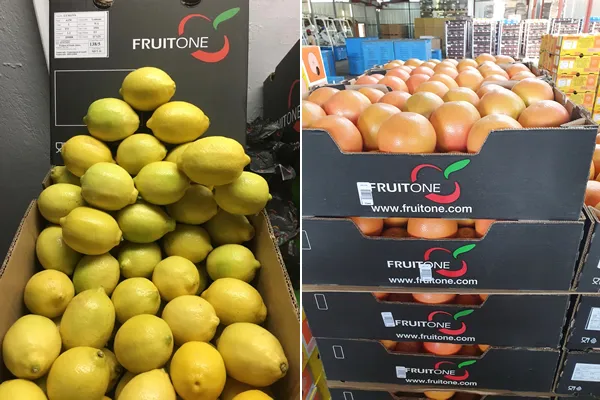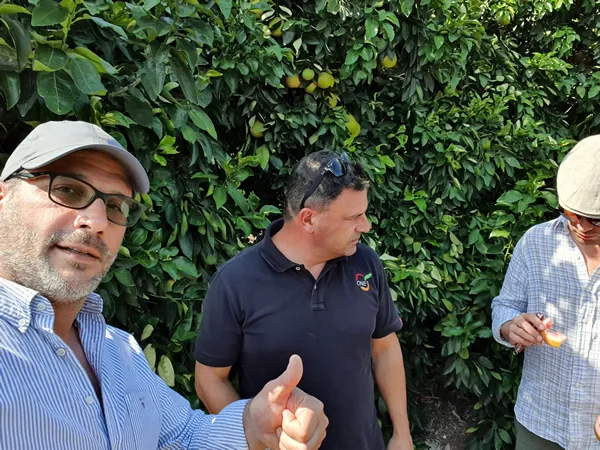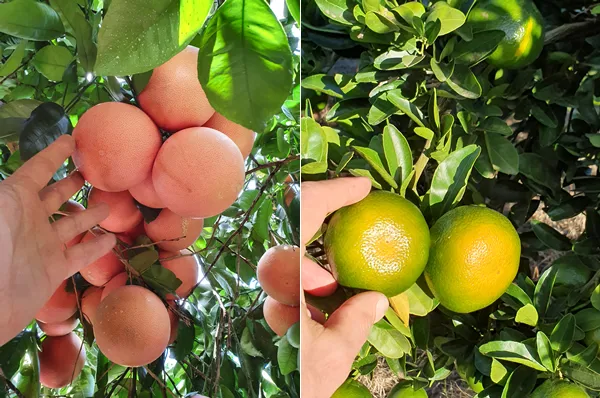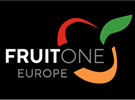On the eve on the Southern Hemisphere’s citrus season, the coronavirus outbreak is already having a considerable impact. “The various lockdowns have social, financial, and economic consequences. There is an enormous demand for vitamin C, in general, and citrus fruit, in particular. However, at the same time, supplies are lagging, due to logistical challenges. Costs are high too, and prices will then also end up being higher,” expects Andres Ribas van Oosterom, FruitOne Europe’s Managing Director.
"Some industries are being especially hit hardly. These include the oil, airline, hospitality, and tourism industries. The container shortage is a big problem, so we have to wait for containers to return from China on time. Transportation availability is, however, an issue. There are fewer drivers available and, at the same time, seeing to their basic needs, such as where they may eat underway, is being hampered. Also, there are significant delays in terms of inspection points,” says Andres.

"Furthermore, labor - office staff as well as people to help with harvesting, packaging, and logistics - is an issue all over the world. There is a lot of talk of ‘heroes’ in the healthcare sector, police force, and even shelf packers. But I, personally, think food production is also on the front line. You are now hearing of products such as soft fruit not being harvest in some areas in southern Spain. This is due to a lack of workers. That is not even mentioning that not enough new short-cycle products are going to be sowed. If production ceases, it will have incalculable consequences. All these protocols are hindering the entire cultivation sector, logistically. Social distancing is also being put into practice at packing plants. The risk of infection is simply too high in a packing station full of people.”
"The lockdowns in many countries also means less attention is being paid to things such as post-harvest. That, in turn, means preparations for the new crops are being delayed,” says Ribas. "The exchange rate is being affected too. The currencies of just about all the developing countries have weakened. That is true for currencies like the South African Rand, the Argentinian Peso, and the Peruvian Sol. The US Dollar has also lost ground to the Euro in recent weeks. That hits production countries hard. They cannot afford to halt exports and need a strong currency.”
"In addition, we can see a clear change in consumer behavior. Everyone has been stockpiling massive amounts of cleaning products, pasta, and canned goods. However, if we look at China, the dairy, vegetable, and, especially, fruit categories have grown. Particularly longer-lasting products, such as potatoes, ginger, garlic, and citrus, are in great demand. Products with a shorter shelf life are suffering more under the longer logistics times, and high-value product sales are also quieter now,” explains Andres.

He then also expects the demand for citrus to remain high for the foreseeable future. “Concerning the lemon season, a shorter northern season is already being expected, and all this extra consumption is only going to accelerate that. The current Southern Hemisphere lockdowns mean the gap will only widen. There is a good supply, but demand is also high - locally too - and the logistical problems are also not going to abate. Supermarkets have become just about the sole remaining sales channel. The day trade is currently also primarily focused on supplying the supermarkets. Programs are only expanding, but it is difficult to guarantee delivery times,” says the company MD, who runs FruitOne’s European sales office.
We are receiving the first volumes of Star Ruby grapefruit from South Africa, and lemons from Argentina in week 18, and Minneolas from Peru in week 24, and Tangos from South Africa and Peru, in week 26, from Peru. From week 29, we should receive our first Valencias from South Africa and Argentina. At the same time, we will be receiving other citrus varieties as well. We expect a shortage of mandarins from the Northern Hemisphere in week 17/18 and grapefruit will be scarce from week 18/19. On the Spanish lemon market, they are now switching to Verna lemons, and after three substantial storms, more large sizes are expected. It is clear that the quality and shelf life of these citrus products has suffered.”

"All in all, this virus is having a massive effect on the entire fruit and vegetable sector. As a large producer in the Southern Hemisphere, we are taking responsibility by taking these new protocols very seriously and doing everything in our power to supply and fill the shortages on the citrus market. To achieve this, we are looking for creative, logistic solutions to provide people with citrus fruit as quickly as possible,” concludes Andres.
 For more information:
For more information:
Andres Ribas van Oosterom
Fruitone Europe
100 Bahialaan
Rotterdam, the Netherlands
Tel: +31 (0) 107 630 330
mail@fruitone-europe.com
www.fruitone-europe.com
